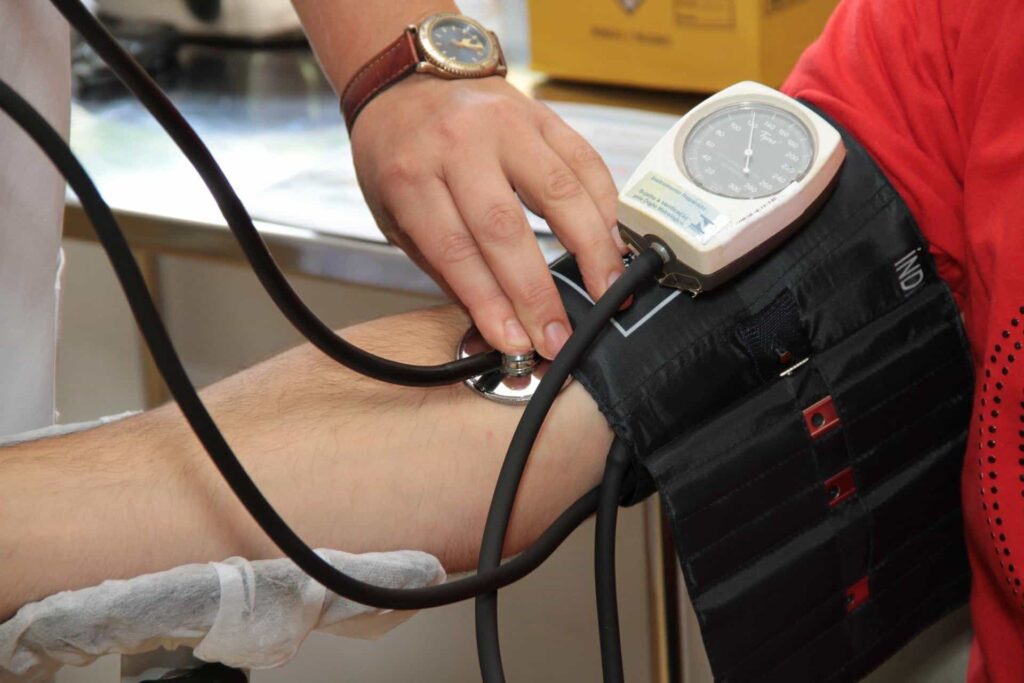HIO Doubles Compensation For GPs Making Home Visits
The Health Insurance Organisation (HIO) in Cyprus recently announced a significant policy change. Starting August 1, 2024, the compensation for general practitioners (GPs) making home visits will double. The fee for each home visit to permanently bedridden patients will increase from €30 to €60. This move aims to improve healthcare access for patients with mobility challenges. It ensures they receive necessary care without visiting medical facilities. The increase reflects the HIO’s commitment to enhancing primary healthcare services across Cyprus.
Rationale Behind the Policy Change
The decision to double compensation stems from several critical factors. The growing demand for home healthcare services is a key driver. As populations age, more people live with chronic conditions requiring regular medical attention. Many cannot easily access care in traditional settings. Home visits provide a lifeline for these patients.
The COVID-19 pandemic also highlighted the importance of home healthcare. During the pandemic, home visits became a safer option for vulnerable populations.

They reduced exposure to the virus. This period underscored the need for stronger support and compensation for GPs offering home visits.
Impact on GPs
General Practitioners Home Visits: The increased compensation will significantly impact GPs. Financially, it provides a direct incentive to conduct more home visits. Home visits are often more time-consuming and logistically challenging than in-office consultations. The higher fee helps offset these challenges, making home visits more feasible.
The policy may encourage more GPs to incorporate home visits into their practice. This could improve access to home healthcare in underserved areas. Additionally, the change may reduce GP burnout. Home visits allow for more personalized and less rushed interactions. This can improve job satisfaction and foster a more holistic approach to patient care.
Benefits to Patients and the Healthcare System
The policy change will benefit patients and the healthcare system. Patients requiring home visits often include the elderly, those with mobility issues, and individuals with chronic conditions. For them, receiving care at home can greatly improve their quality of life. It also reduces the need for hospital admissions and emergency room visits.
Expanding home visits can alleviate pressure on hospitals

and clinics. Managing more cases at home, especially for chronic conditions, allows the healthcare system to operate more efficiently. It reserves in-patient care for those who truly need it. This redistribution of care can lead to cost savings, as home visits are often less expensive than hospital care.
Conclusion
The HIO’s decision to double compensation for GPs making home visits is a strategic investment in healthcare. It incentivizes more GPs to offer home visits, improving access for vulnerable populations. The policy also benefits the healthcare system by using resources more efficiently. Both GPs and patients are likely to welcome this change. It promotes a sustainable, patient-cantered model of care. Monitoring the policy’s impact will ensure its benefits are realized across the board.
You May Also Like This
A Comprehensive Strategy for Rare Diseases in Cyprus: https://anatolikilemesou.com/?p=6678




